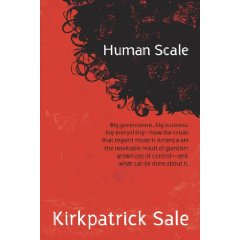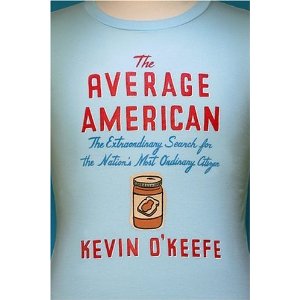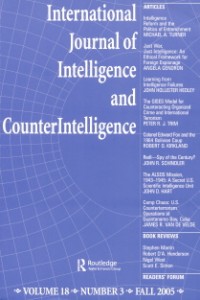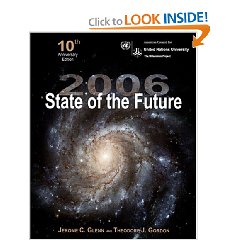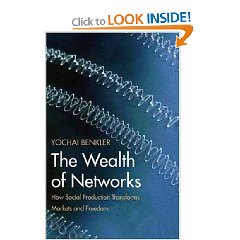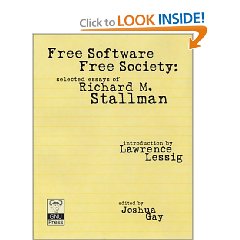
Superb Context Shows How Clinton & Neo-Cons BOTH Fueled Islamic Violence,
The book opens with a cast of characters and ends with a “where are they now” listing. It also provides a timeline, but a limitation of this book is that it focuses on Bin Laden alone.
I have a number of notes from this excellent book:
1) The 1967 war in which Israel won was vital in showing the Arabs that it was their own inept and corrupt regimes that were leaving the Zionists in power. Also this book, at the end, where the Sykes Picot 1916 agreement highlighted in the Lawrence of Arabia epic movie, is clearly identified by Bin Laden as the start of the current “crusade” against Islam.
2) Bin Laden was a shy and polite, very religious person with a good education–the classic revolutionary (contrary to conventional wisdom, the rebels are the smart ones that see through the facades).
3) The 1979 invasion by Saudi forces to recapture the Al Haram mosque radicalized Bin Laden, as did the Soviet invasion of Afghanistan. The writings of Egyptian Sayyid Qutb on Islam as a complete way of life, when COMBINED with the corrupt and often decadent lifestyles of the Saudi, Egyptian, and other Arab rules, were in tandem a foundation for the radicalization of youth across the region.
4) The Pakistani cleric Abdullah Azzam was a major influence and enabler for jihadists seeking to fight the Soviets by entering via Pakistan, and the clearly untold story, in this book or any other, is the deep and constant relations between the Pakistani intelligence service, the Taliban, and Bin Laden.
5) In Afghanistan the back story is Bin Laden the theocrat versus Massoud the tolerant secularist in the Northern Alliance.
6) Soviet invasion of Afghanistan produced 6 million refugees, half to Pakistan and half to Iran.
7) The open sources of information available on Bin Laden and anti-Israel and anti-us plans are legion, and the author is extremely effective in cataloging all of the overt information that the U.S. Intelligence Community simply ignored from 1988, when the Commandant of the Marine Corps and I first made terrorism, and the use of open sources to understand terrorism, a national issue.
8) In 1996 Jamal Al Fadl walked in to a US Embassy (probably Sudan) with plans for attacks on US by Bin Laden, and also in 1996 Bin Laden announced on CNN, ABC News and in Al Jazeera that he was declaring war on the US. My comment: in the US, only Steve Emerson (“American Jihad”) and Yossef Bodansky “Bin Laden: The Man Who Declared War on America”) took the declaration seriously.
9) Clinton and Bush BOTH were happy to deal with the Taliban, and the Taliban understood that the Americans, regardless of party, wanted a pipeline from Caspian energy to Pakistan (rather naively assuming Pakistan would be able to protect it), as well as bases against China and Iran.
10) This book makes it clear that every time George W. Bush talks about them attacking us for our way of life he is simply demonstrating either his idiocy or his hypocrisy. Bin Laden, over and over and over again, has specified Israeli and US behaviors, actions, and policies as the basis for his challenge.
11) In 1998 US rebuked Taliban and Bin Laden raised the ante, also focusing on the jailed Sheikh Abdel Rahman, the only religious figure to have blessed Bin Laden's lay fatwa with a commanding fatwa of his own. This individual, in US custody, has inspired violence from 1981 onwards, and US appears to have not understood his potency.
12) Quote on page 211: Zawahiri was to Osama Bin Laden what Karl Rove is to the White House.”
13) Bin Laden explicitly cites Nagasaki and Hiroshima as justifications for targeting US civilians. While the author of this book discounts Bin Laden's having nuclear suitcase bombs, he acknowledges that nuclear waste is easily acquired.
14) On 10 June 1998 ABC aired an exclusive interview with Bin Laden and introduced him as the wan who had declared war on the US. No one noticed. (Steve Emerson's PBS broadcast in 1994 also got blown off).
15) The book toasts the Clinton Administration for both incompetence at getting Bin Laden (but then, the Saudis tried to assassinate Bin Laden several times and also failed), and for lionizing Bin Laden with the Tomahawk missile strike (which another book I have reviewed says included several that did not explode and enriched Bin Laden with $10 million from their sale to the Chinese).
16) The author recounts Bin Laden's illnesses witnessed by others as being Soviet gas impact on breathing, back pain, low blood pressure, foot wound, and NOT kidney failure.
17) Al Qaeda started looking for WMD after they noticed US beating that drum, and probably got their first chemicals from Uzbeckistan.
18) First references to airplanes attacking buildings were in Egyptian press 12 Aug 00.
19) Cheney and Franks both lied to US public about Bin Laden not being at Tora Bora (see my reviews of “JAWBREAKER” and “First In”).
20) Al Qaeda's general guidance to all is to first, cause the West pain, and second, seek to arouse all Muslims.
21) Iraq is teaching foreign fighters and Iraqis who will likely become foreign fighters elsewhere, how to use IEDs, suicide bombs, and urban warfare against the West elsewhere.
Bottom line: has we stayed in Afghanistan, and dropped Rangers on Bin Laden as he walked from Tora Bora to Pakistan, it would have been “game over,” and even if we had not caught him, he would have been marginalized. The author concludes that everything the US has done, both in the Clinton and the current Administrations, has served to empower Bin Laden and inspire millions of others to support terrorism as a tactic against the Israel, the US, the West, and the corrupt Arab regimes.

Click Here to Vote on Review at Amazon,
on Cover Above to Buy or Read Other Reviews,
I Respond to Comments Here or There

